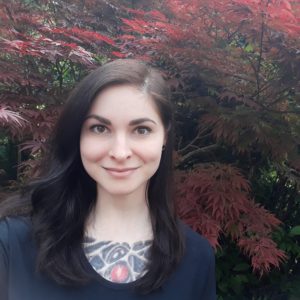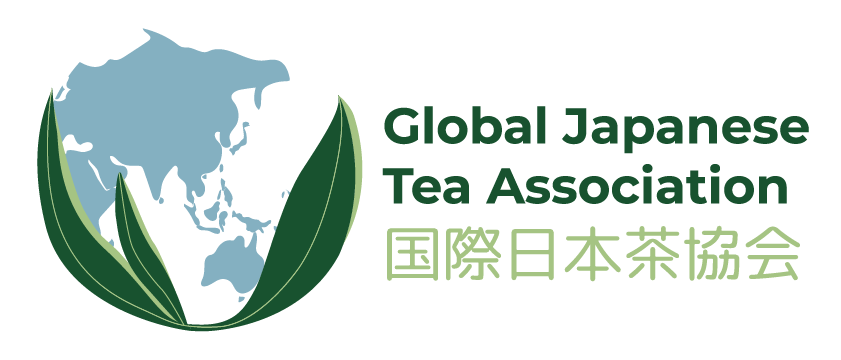
Your name: Nicole Fröschle
Where are you based: Stuttgart, Germany
What do you do: I work at a company that sells and conducts professional development courses. Most of our clients are looking for a new job so I also support them in the application process.
Please briefly introduce yourself. What is your story with tea?
I don’t remember exactly how it started. But I remember that my habit of drinking tea became stronger and I put more and more emphasis on quality. Nowadays a good cup of tea is part of my daily routine and I am still fascinated by the many facets that I don’t know yet. I am a rather quiet person who loves to discover and learn new things. My little tea rituals are therefore the perfect hobby to accompany me through the day.
Why did you want to get involved with GJTea?
Since I have a general interest in Japanese culture, my tendency for Japanese tea is very strong. In my opinion, their tea is regarding taste and quality one of the best that you can get. When I got the option to support GJTea, I just couldn’t say no. I am happy to share my love of tea with others and to be part of such a network.
In collaboration with GJTea what has been your role so far?
I support the translation of content into German. I am curious, however, which tasks will arise in the future.
What is your favourite way to make tea?
I like my tea the classic way: made with a hot brew so that it warms my body. Even though there is nothing better in the summer than a refreshing ice tea.
When did you start liking tea?
The very first time I was fascinated by tea, was when I tried a tea flower as a child. After that, however, there was a long gap and only a few years ago I started to really enjoy tea.
How did you discover Japanese tea?
I think the first “real” tea I drank was Sencha. It was a random purchase. I just wanted to try something and then I had it in my hand. However, if you look deeper into the subject, you just can’t get around Japan as a growing area with its long tea history. From that point on, regarding green tea, I stayed with mostly Japanese tea.
Where do you look for Japanese tea?
Basically, I buy the most tea from a large, good quality retailer. But for special Japanese teas I also like to look in small teashops. They sometimes have contacts with Japanese farmers and offer varieties that are otherwise rare.
What do you think is the future of Japanese tea in your country?
This question isn’t easy. Of course I want Japanese tea to gain popularity and people to learn to appreciate the work behind it as well as the quality. However, when I look around, the reality is a bit different. I am therefore glad that GJTea is taking a step in the right direction and I hope that the passion behind it will eventually reach the German population.
Your message to fellow tea enthusiasts:
“I say let the world go to hell, but I should always have my tea.”
― Fyodor Dostoevsky, Notes from Underground
Thank you Nicole!!
